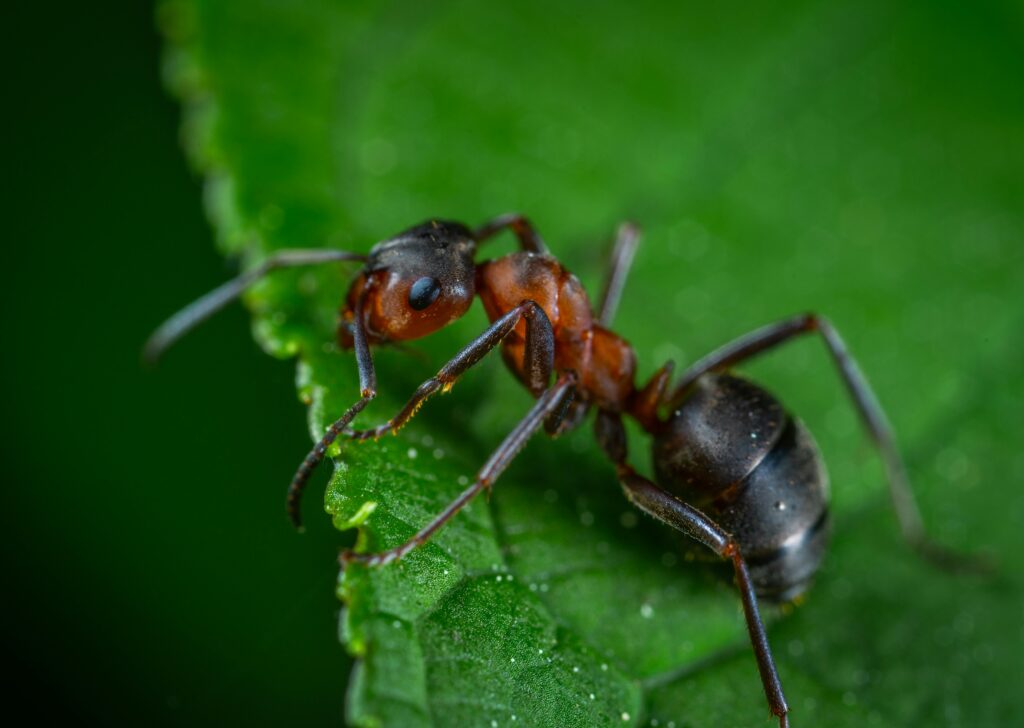
Some teens sell sneakers. Others flip rare collectibles online. But two enterprising Belgian 19-year-olds took “side hustle” to a whole new (and oddly specific) level attempting to smuggle 5,000 queen ants from Kenya into Belgium.
Yes, queen ants. As in the highly reproductive rulers of underground insect empires.
Their explanation? It was just a “pet project.” Customs officials? Not amused.
The pair were caught at the Brussels Airport with the cargo cleverly concealed though not cleverly enough. After an entomological sting operation (yes, that’s a thing), authorities uncovered the miniature monarchy-in-transit. The penalty? A choice between a $7,700 fine or a year behind bars. Hopefully they had a savings jar… full of something other than insects.
The ants themselves were reportedly destined for underground collectors and exotic breeders, where queen ants can fetch high prices due to their rarity and ability to start entire colonies. It’s like Pokémon, but make it entomology.
A Crawling Crime Wave?
While it may sound like a punchline, this incident taps into a larger issue in wildlife smuggling. We usually hear about rhino horns, parrots, or endangered big cats. But insects have quietly become the new frontier for niche collectors, amateur scientists, and bio-hobbyists. And unlike larger animals, bugs are easier to sneak across borders in water bottles, candy boxes, even tucked inside clothing.
What it says about us:
Apparently, the black market for bugs is buzzing.
Also, there’s no length some people won’t go to for niche hobbies and no species too small to spark an international scandal.
At least now we know: next time you hear about a criminal ring, don’t assume diamonds or drugs. It might just be 5,000 royal ants in a suitcase.






